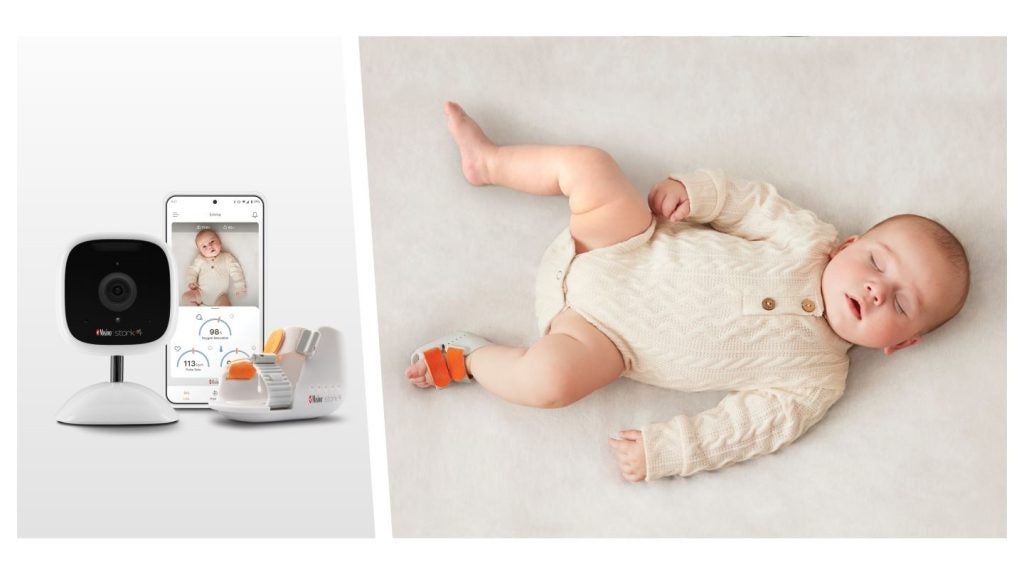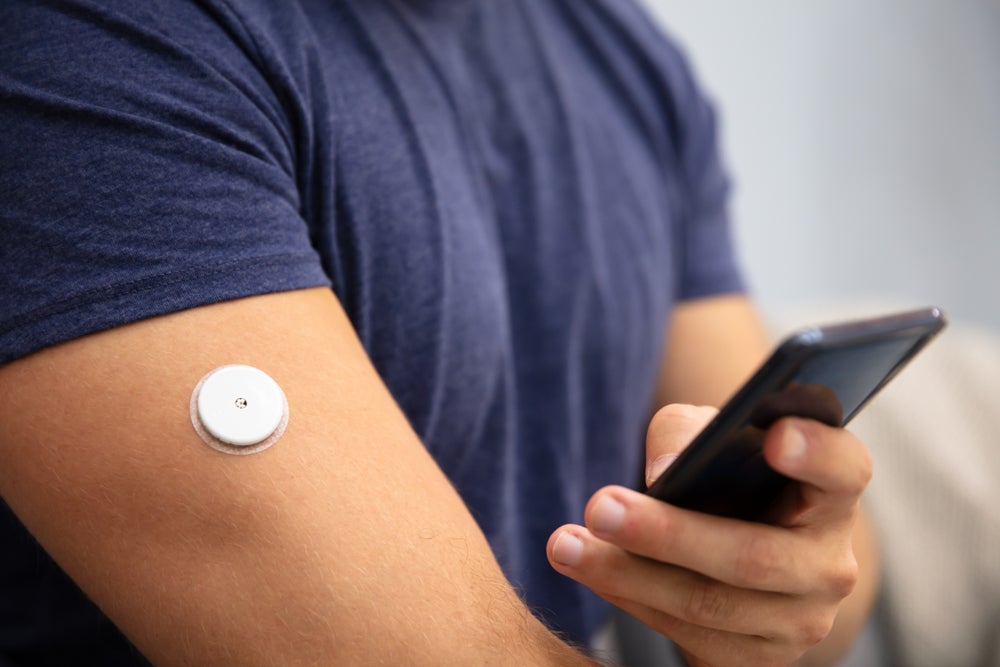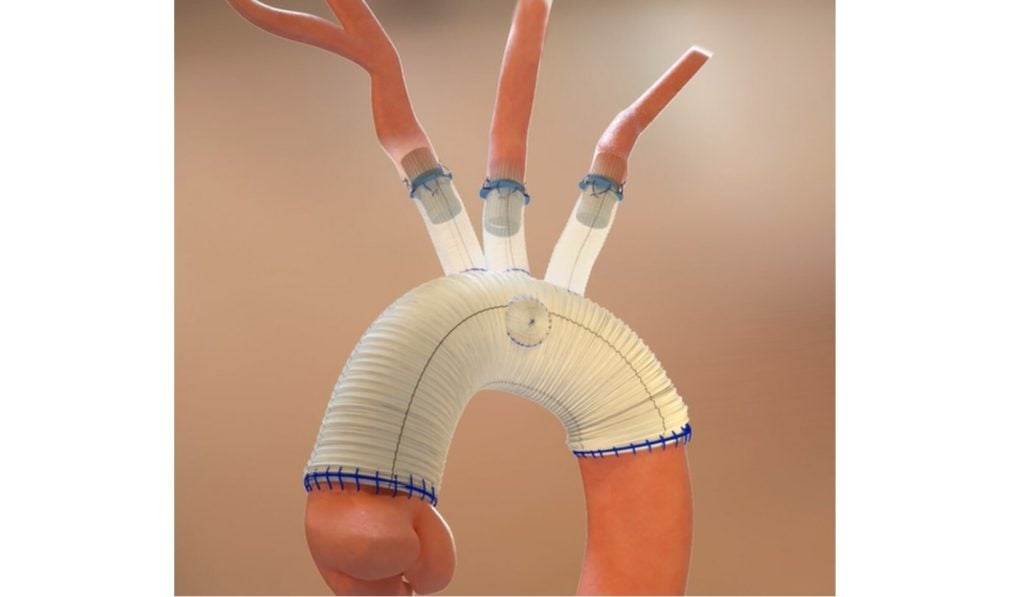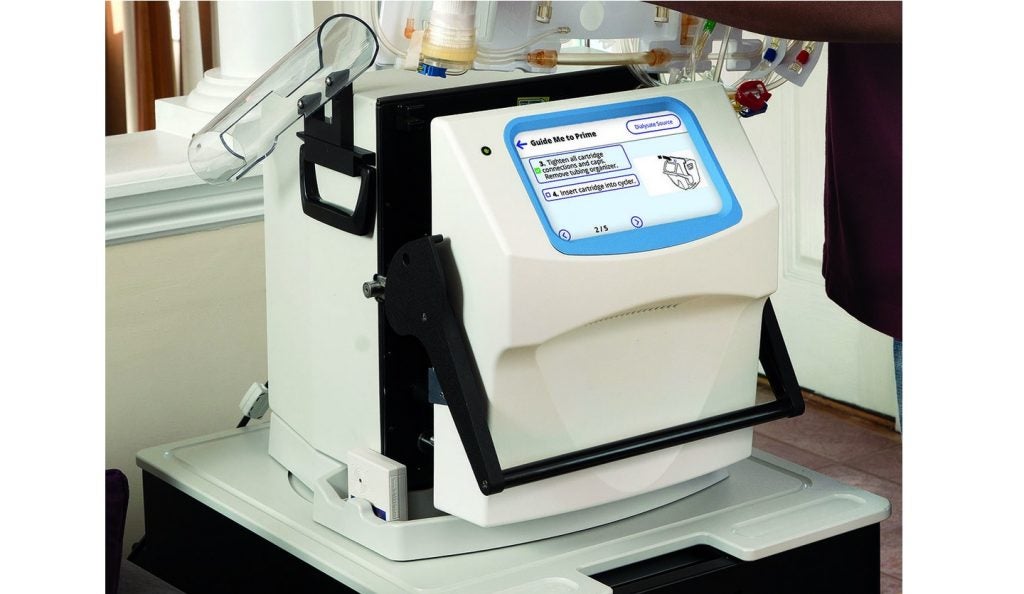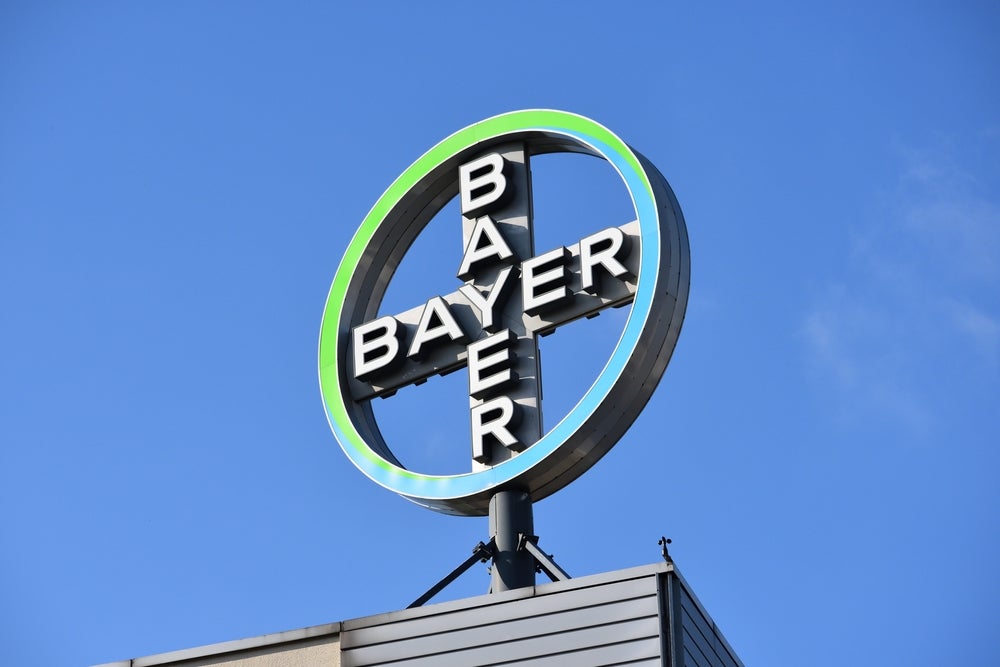Medical device company SANUWAVE Health has signed a definitive merger agreement with special purpose acquisition company SEP Acquisition (SEPA).
The proposed deal values the combined entity at an enterprise value of $127.5m.
The merged company is anticipated to run under the name SANUWAVE after the intended transaction is concluded.
SANUWAVE's investors are expected to hold roughly 69.6% of the new company's equity if the combined entity receives approximately $13m in gross proceeds upon completion.
SANUWAVE CEO Morgan Frank said: “SEPA is a strong, value-add partner and this transaction will allow SANUWAVE to simplify its capital structure and gain a listing on the Nasdaq Capital Market while funding the company for the exciting growth ahead.
“This is the next step in putting the company on sound footing that will allow us to focus on rapid, profitable growth and to garner an equity valuation commensurate with our performance.”
SANUWAVE offers two wound care products that are approved by the US Food and Drug Administration (FDA).
Its main product is the UltraMIST system, a low-frequency, non-contact ultrasound system that offers energy through a fluid mist.
This device has nationwide schedule 1 reimbursement from the Centers for Medicare & Medicaid Services, a part of the Department of Health and Human Services.
SEPA CEO Andrew White said: “We believe very strongly in this company and the UltraMIST product and look forward to being a part of SANUWAVE’s future success.”
Subject to the satisfaction of the agreed-upon closing conditions, the deal is anticipated to be completed in the fourth quarter (Q4) of this year.




